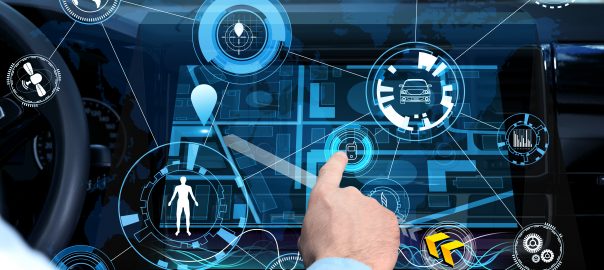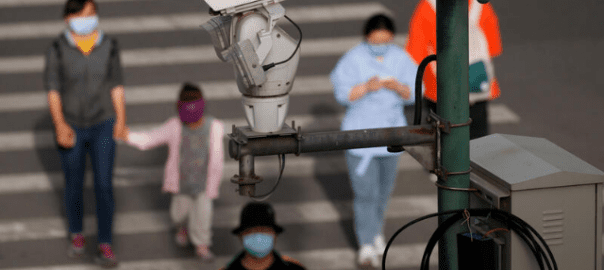Cambridge-based software company Orca Scan has partnered with GS1 UK, the UK arm of the global not-for-profit association that sets and maintains standards for barcodes, to help brands upgrade traditional barcodes on their product packaging to the next generation of GS1 Digital Link QR codes. Read more
Tag Archives: Automatic identification and data capture
Facial recognition in Brazil: absent students and racial bias
|
By Diana Baptista | Data Journalist A facial recognition system used in schools in Brazil is being scrutinised by digital rights groups, who have denounced the expansion of so-called techno control in the country. Continue reading |
São Paulo fights facial recognition
By Diana Baptista | Data Journalist
|
Digital rights groups in Brazil protested against Smart Sampa, a government program seeking to install 20,000 security cameras with facial recognition technology in São Paulo by 2024. Using drones, the groups projected slogans like “No More Invasive Surveillance” and “Respect our Rights” on building walls. Continue reading |
ID of 93 million Nigerians at risk in landmark election
- Facial recognition and fingerprints needed to cast votes
- Privacy experts fear mass breach of Nigerians’ identity
- Aim is to root out widespread electoral fraud
LAGOS – Africa’s biggest electorate votes on Saturday in a poll that experts fear could unleash a mass breach of privacy as Nigerians relinquish reams of personal data to cast their vote.
Continue reading
Six parts of your car that gather data on you
Rachael Medhurst, University of South Wales
You can tell a lot about someone from the car they drive. The data that many vehicles now collect can reveal the patterns of our daily lives and provide insights into our behaviour, actions and even our state of mind.
Facial recognition: An ethical policing tool?
By Samuel Woodhams | Digital rights researcher and journalist
| Facial recognition technology made headlines again last month as researchers at the University of Cambridge, UK said that the UK police’s use of the technology was unethical and potentially unlawful. The report from the Minderoo Centre for Technology and Democracy urged police to stop using live facial recognition (LFR) in public spaces and said trials by the Metropolitan Police and South Wales Police failed to meet the “minimum legal and ethical standards.” Continue reading |






